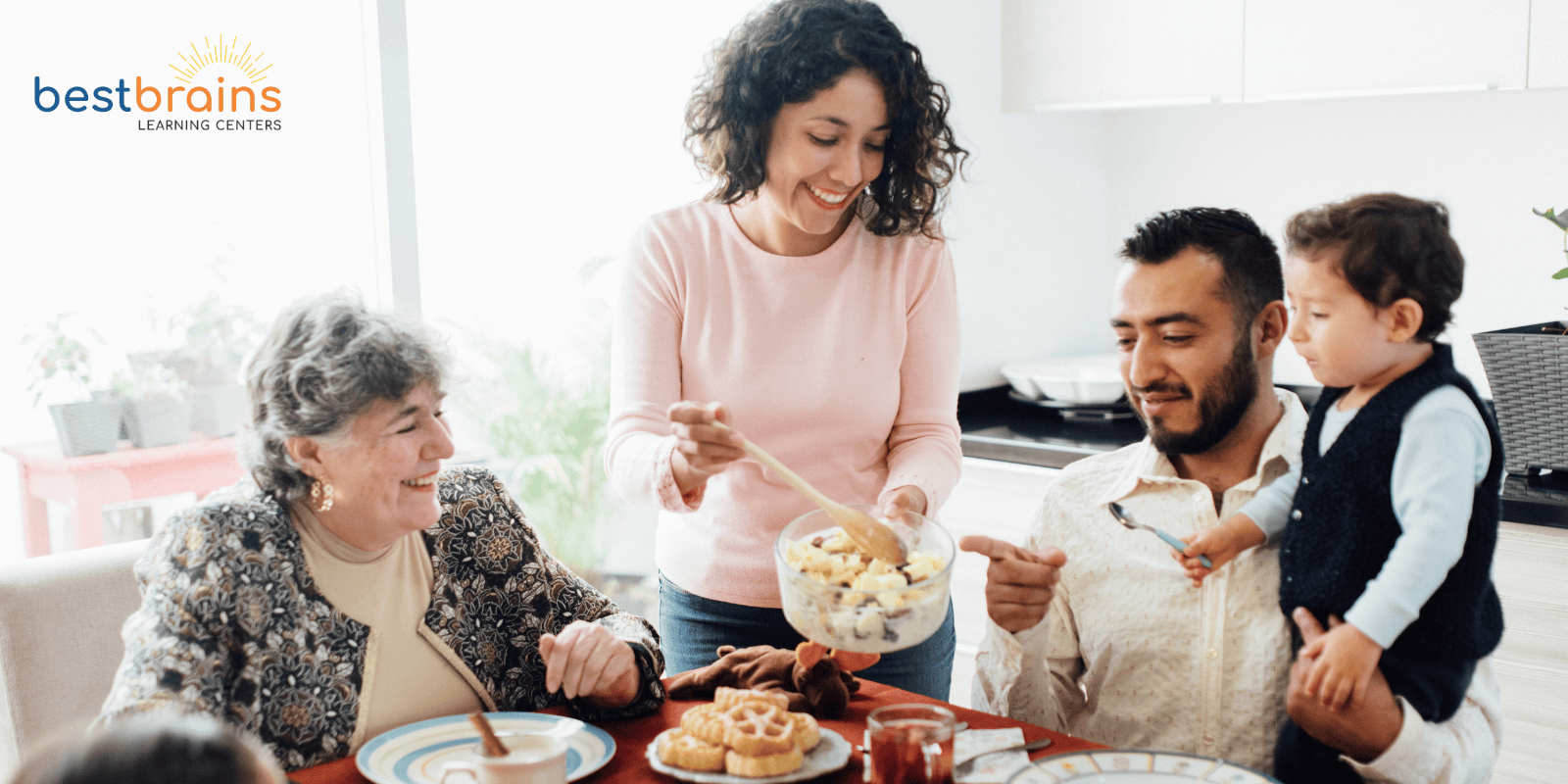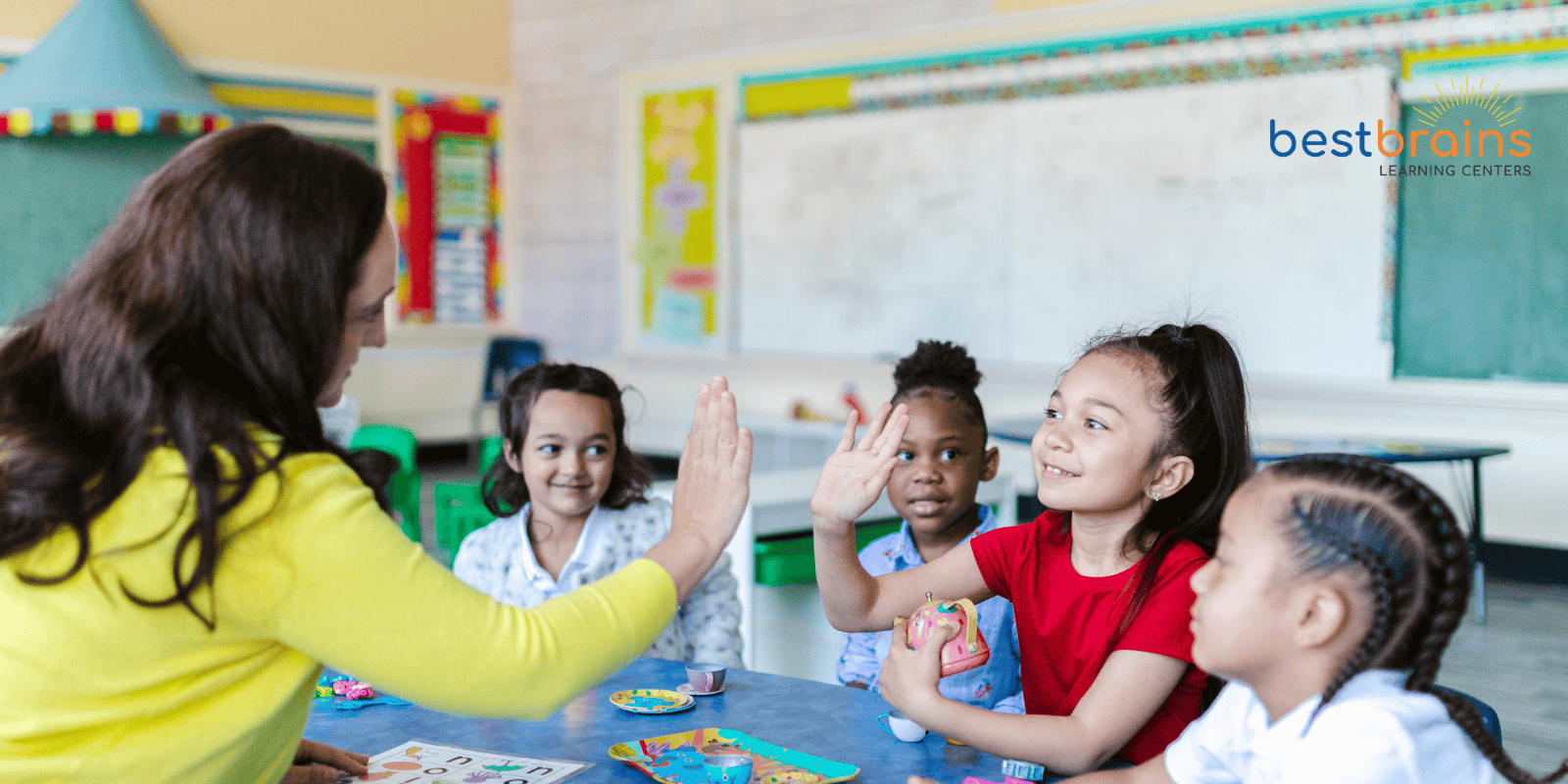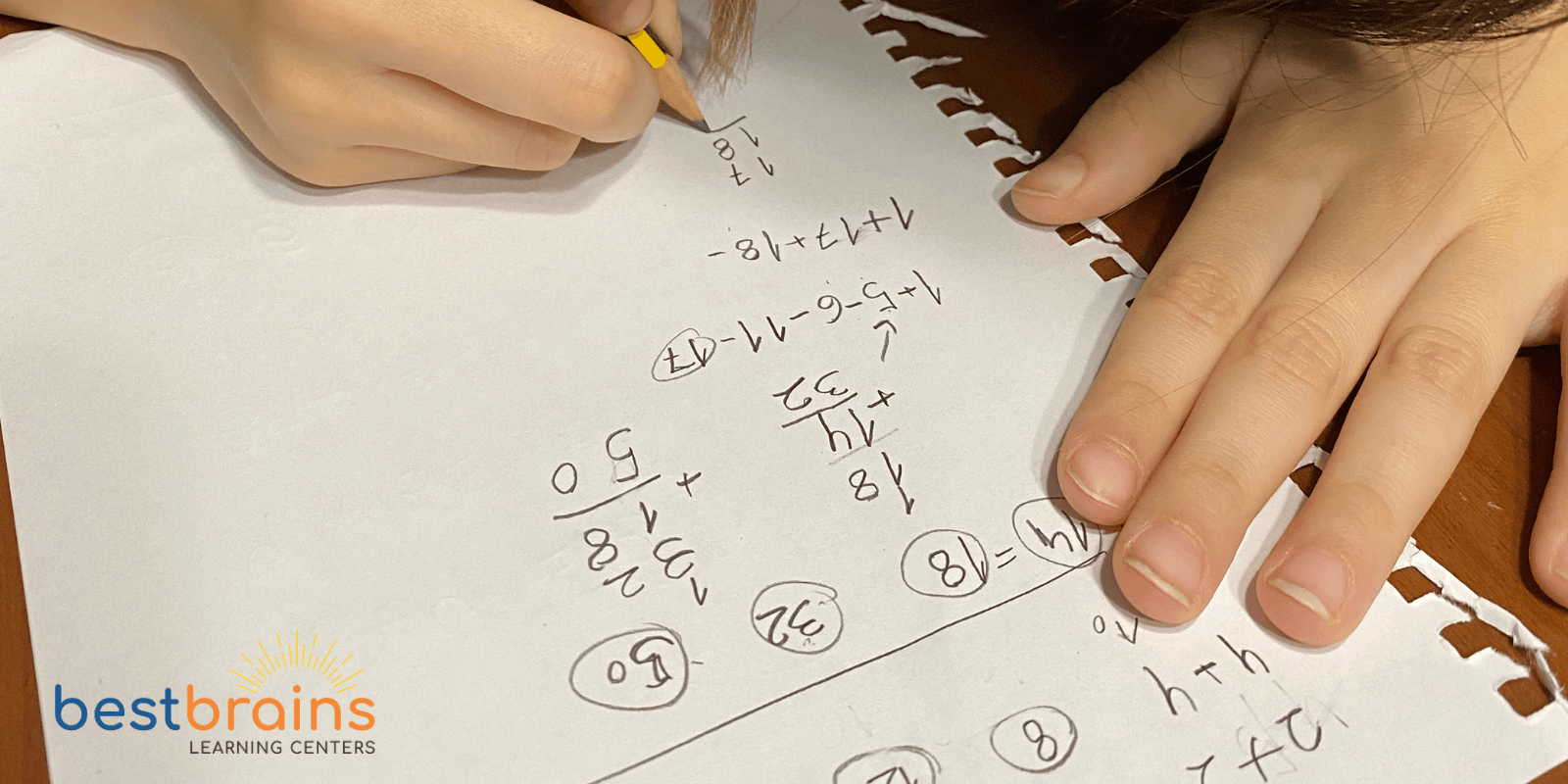Mechanicsburg
Raising Thankful Kids: How to Teach Gratitude at Home
Raising Thankful Kids: How to Teach Gratitude at Home
Gratitude is more than good manners—it’s a powerful skill that helps children build emotional resilience, empathy, and a positive mindset. At Best Brains, we focus on growing young minds academically, but we also believe in supporting families as they nurture strong character and lifelong values.
This time of year is perfect for talking about gratitude at home, but it’s not just a seasonal lesson—it’s something that can be woven into everyday routines. Here’s how you can begin teaching gratitude at home in small, age-appropriate ways that really stick.
1. Talk About What You’re Thankful For—Out Loud
Children learn best by example. When you say things like:
- “I’m so thankful we get to have dinner together.”
- “It made my day when you helped me carry the groceries.”
- “I feel lucky to have such a cozy house.”
…your child learns that gratitude is part of daily life, not just something we save for Thanksgiving. Encourage your child to share, too:
- “What was something good about your day?”
- “What made you smile today?”
2. Read Books About Gratitude and Kindness
Books help children understand abstract concepts like appreciation and empathy. A few of our favorites include:
Those Shoes by Maribeth Boelts
A thoughtful story about a boy who wants the “cool shoes” everyone has, but learns the difference between wants and needs, and how generosity can feel even better than getting what you want. A fantastic conversation starter about empathy and selflessness.
The Invisible Boy by Trudy Ludwig
This powerful story follows a quiet boy who feels unnoticed—until a small act of kindness helps him feel seen and included. It’s a great reminder that gratitude and kindness often go hand in hand.
Have You Filled a Bucket Today? by Carol McCloud
A classic SEL favorite, this book teaches kids that showing appreciation, saying kind words, and being thoughtful “fills buckets”—theirs and others’. It's perfect for classrooms and homes alike.
Last Stop on Market Street by Matt de la Peña
This award-winning story follows a boy and his grandmother as they take the bus across town. Along the way, the boy learns to notice beauty in everyday life and to feel grateful for what he has—even if it’s different from others.
I Am Thankful: A Thanksgiving Book for Kids by Sheri Wall
A simple, engaging book for early readers that highlights everyday moments of gratitude. It’s great for prompting personal reflection and discussion. Make it interactive: Ask your child how the characters felt, and what they might do in a similar situation.
3. Create a Simple Gratitude Ritual
Even one small, daily tradition can make a big impact over time. Try:
- A thankful jar, where everyone adds a note each day or week
- A gratitude journal your child can draw or write in
- A “rose and thorn” dinner conversation (one good thing and one tough thing from the day)
- Saying something you're thankful for at bedtime These habits build emotional vocabulary and encourage reflection.
4. Turn Gratitude Into Action
Help your child express appreciation through acts of kindness:
- Making a thank-you card for a teacher or coach
- Baking cookies for a neighbor
- Donating a toy to a local drive
- Picking flowers or drawing a picture for someone they love
Children feel empowered when they see how their small actions can make a big difference.
5. Be Patient—Gratitude Grows with Practice
Young children are naturally self-focused—it’s part of how their brains develop. But with gentle guidance, they can begin to see beyond themselves. Don’t worry if they forget to say “thank you” every time. What matters is repetition, modeling, and creating space for gratitude to grow.
The Best Brains Perspective
At Best Brains, we believe that confident, capable learners are also kind, thoughtful humans. When parents and educators work together to support both academic and emotional growth, kids thrive in every way.
Want to Learn More About Best Brains?
We’re proud to serve families in Mechanicsburg, PA with after-school programs that build strong academic foundations and confident learners.
📞 Call us at (717) 388.0000 to schedule a free placement test or tour.
💻 Learn more at www.bestbrains.com
References & Further Reading
- Zero to Three. (2020). Helping Young Children Understand Gratitude. https://www.zerotothree.org
- NAEYC. (2019). Fostering Kindness and Gratitude in Early Childhood. https://www.naeyc.org
- American Academy of Pediatrics. (2021). Raising Grateful Kids in an Entitled World. https://healthychildren.org
- Emmons, R. A., & Stern, R. (2013). Gratitude as a Psychotherapeutic Intervention. Journal of Clinical Psychology, 69(8), 846–855.
- The Family Dinner Project. (2023). Simple Ways to Teach Gratitude at Home. https://www.thefamilydinnerproject.org




